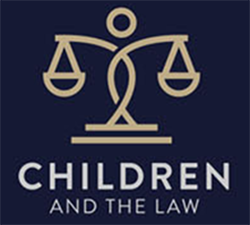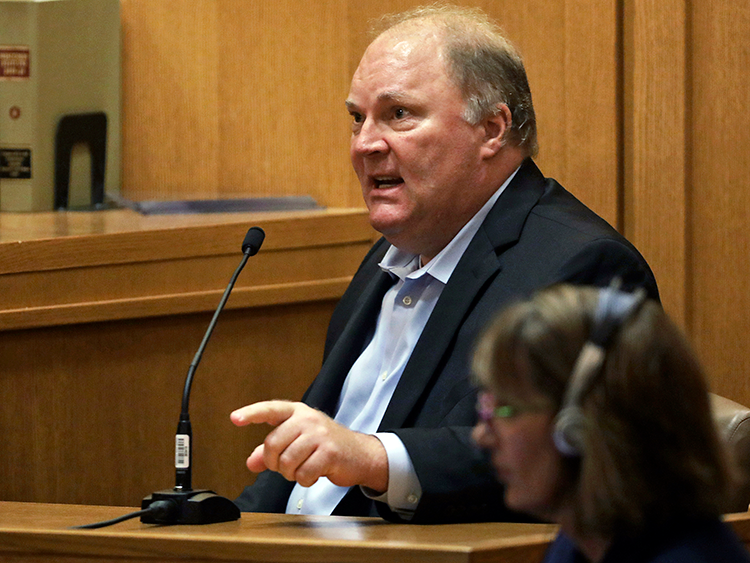Family members who step in to care for children can get extra support with ABA guidance

Image from Shutterstock.
In late September, the U.S. Administration for Children and Families published a rule urging child welfare agencies to develop different standards for grandparents, aunts and uncles or other kinship caregivers who step in to raise children who can no longer live with their parents.
The new federal rule is based on years of research, including on kin-first culture by the ABA Center on Children and the Law, which supports and provides resources to kin caregivers, as well as their attorneys and policy advocates. This research shows children placed with kin have better behavioral and mental health outcomes, increased stability, a better sense of belonging, higher rates of permanency and greater success in school.
An ABA press release is here. The Center on Children and the Law also published a brief on the rule, which can be found here.

Before the new rule, federal regulations required child welfare agencies to use the same licensing standards for kin and non-kin caregivers, which resulted in many kin caregivers either being denied the ability to care for children or being asked to care for children with little financial support, according to the Center on Children and the Law.
But now, for the first time, this rule allows child welfare agencies to adopt kin-specific licensing or approval standards for kinship foster family homes. The rule, which is optional, could also allow kin caregivers to receive the same level of financial assistance as non-kin caregivers who take children into their homes.
Heidi Redlich Epstein, director of kinship policy at the Center on Children and the Law, says the majority of states have announced that they want to implement this rule. She and staff at the center are now working with other advocates to assist these states, some of which may have to make policy or legislative changes. They have also drafted kin-specific licensing standards to help guide the process.
“We are in the process of working together with several other organizations and getting feedback from kin caregivers, from states, from pretty much everybody [involved] that will help us make sure these are reasonable and appropriate and easy to apply,” Redlich Epstein said. “So when a state says, ‘Yes, I want to follow this new rule,’ we will be able to say, ‘Great; here are the standards we recommend. Here are the tools to do it.’”
Redlich Epstein adds that partners New America’s Resource Family Working Group and Think of Us are currently leading a pilot project implementing the draft kin-specific licensing standards in five states. They hope to have the final version available by early 2024.
In addition to providing technical assistance and support to states, the Center on Children and the Law is working with the federal government to determine how to make implementation of the new rule easier. For example, Redlich Epstein says, many rural areas have limited fingerprinting services and would benefit from federal dollars that help pay for new machines.
“We find that things like getting fingerprinted for a background check can sometimes delay a case by four months,” Redlich Epstein says. “So we are trying to elevate to the federal government little things like that as ways they can help. And they’ve been really open to that.”
This story is part of the ABA Journal’s Children & the Law series exploring children’s law and juvenile justice.
See also:
“Advocates support use of kinship caregivers in child welfare cases”
“Shadow Foster Care: Children and caregivers in a ‘hidden’ system miss out on benefits and support”
“Protection Services: Meet the lawyers and staff behind the ABA’s work in children’s law”



